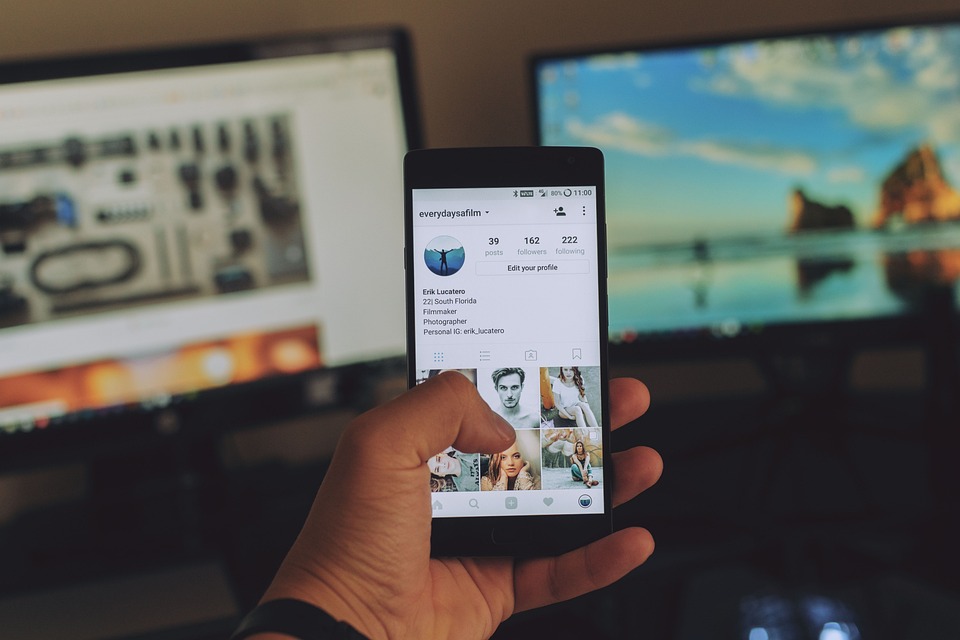Virtual reality (VR) technology has been making waves across various industries in recent years. From healthcare to education to entertainment, VR has the incredible potential to revolutionize the way we work, learn, and play. By creating immersive, interactive experiences that simulate real-world environments, VR is changing the way we engage with content and interact with the world around us.
In the healthcare industry, VR is being used to train medical professionals, simulate surgeries, and even treat mental health conditions. Medical students can now practice complex procedures in a realistic virtual environment before ever setting foot in an operating room. Patients suffering from anxiety disorders or PTSD can undergo exposure therapy in a safe, controlled VR setting. By leveraging the power of VR, healthcare providers are able to improve patient outcomes, reduce medical errors, and advance medical research.
In the field of education, VR is transforming how students learn and teachers deliver content. By providing students with immersive, hands-on experiences, VR can make complex concepts more engaging and understandable. Students can explore historical sites, conduct virtual science experiments, and even interact with 3D models of molecules and cells. Teachers can create customized learning experiences that cater to each student’s individual needs and learning styles. With VR, the traditional classroom is no longer limited by physical boundaries, allowing educators to bring the world to their students.
In the entertainment industry, VR is enabling audiences to experience stories and adventures in ways never before possible. Virtual reality games transport players to fantastical worlds where they can become superheroes, explore alien planets, or solve mysteries. VR concerts and events allow viewers to immerse themselves in the action, feeling as though they are right there in the crowd. With VR, creators can push the boundaries of storytelling and engagement, delivering experiences that are truly unforgettable.
Beyond healthcare, education, and entertainment, VR is also being used in industries such as architecture, manufacturing, and real estate. Architects can walk clients through virtual buildings before they are even constructed, allowing for changes to be made quickly and efficiently. Manufacturers can use VR to simulate production processes and train employees on complex machinery. Real estate agents can give prospective buyers virtual tours of properties, saving time and resources.
As VR technology continues to evolve and become more accessible, the possibilities for its applications are endless. From training simulations to virtual meetings to immersive marketing campaigns, VR is reshaping the way we work, communicate, and collaborate. By unlocking the potential of virtual reality, industries are able to innovate, streamline operations, and create truly transformative experiences for their employees and customers.
In conclusion, virtual reality is revolutionizing industries in ways that were once thought impossible. By harnessing the power of VR technology, businesses can unlock new opportunities for growth, creativity, and innovation. As we continue to explore the possibilities of virtual reality, the potential for groundbreaking advancements in industry is limitless.




